No products in the cart.
Return To ShopEverything You Need to Know About Vitamins and Minerals
Vitamins and minerals are the building blocks of a healthy body, fueling many essential functions that keep us alive and well. Often referred to as micronutrients, these compounds work in tandem to support the body’s metabolism, immune system, and cellular health.
Although needed in small amounts, their role is anything but minor, as deficiencies can lead to serious health issues. It’s crucial to understand how vitamins and minerals are integral to our well-being.
The Difference Between Vitamins and Minerals
Though they are often discussed together, vitamins and minerals are fundamentally different in both their nature and their functions. Vitamins are organic compounds, meaning they are derived from living organisms such as plants and animals. These compounds are sensitive and can be easily broken down by exposure to heat, air, or acid.
For example, when vegetables are overcooked, some of their vitamin content is lost. In contrast, minerals are inorganic elements that originate from the earth, primarily found in soil and water, and cannot be broken down or destroyed by cooking or processing. This distinction highlights the need for careful food preparation to preserve vitamins while ensuring a diet rich in mineral sources.
The way the human body absorbs and processes vitamins and minerals also differs. Vitamins are absorbed more readily when consumed in combination with certain foods, particularly fats, which enhance the absorption of fat-soluble vitamins such as A, D, E, and K. Water-soluble vitamins, like the B vitamins and vitamin C, dissolve in water and are readily absorbed by the body, but excess amounts are usually excreted.
On the other hand, minerals are absorbed from the gastrointestinal tract and are used in the body’s processes without the need for special carriers or digestive mechanisms. The difference between the two types of nutrients not only lies in their composition but also in how our body uses and stores them.
| Criteria | Vitamins | Minerals |
| Origin | Organic (produced by plants/animals) | Inorganic (found in soil and water) |
| Susceptibility to Breakdown | Can be broken down by heat, air, acid | Cannot be broken down or destroyed |
| Types | Fat-soluble (A, D, E, K) and water-soluble (B, C) | Major (calcium, potassium) and trace (iron, zinc) |
| Function | Regulate biological processes | Help build body structures (bones, teeth) |
| Absorption | Requires certain foods for absorption (fats for fat-soluble vitamins) | Directly absorbed through the gastrointestinal tract |
| Storage in Body | Some stored in the liver (e.g., vitamin A) | Stored in bones, teeth, and other tissues |
The 13 Essential Vitamins and Minerals
The human body needs a variety of vitamins and minerals to perform optimally, but among them, there are 13 considered essential due to the critical roles they play in overall health.
- Vitamins: The 13 essential vitamins include vitamin A, which supports eye health and immune function; vitamin C, which acts as an antioxidant and aids in collagen production; vitamin D, important for calcium absorption and bone health; vitamin E, which protects cells from oxidative damage; and vitamin K, crucial for blood clotting. Additionally, the B vitamins (B1, B2, B3, B6, B12, biotin, folate, and pantothenic acid) are necessary for energy production, brain function, and red blood cell formation. These vitamins are indispensable for maintaining normal metabolic function, supporting the immune system, and promoting growth and development.
- Minerals: The six major essential minerals include calcium, magnesium, iron, zinc, potassium, and phosphorus. Calcium is well-known for its role in building and maintaining strong bones and teeth, but it is also vital for nerve transmission and muscle function. Magnesium supports numerous biochemical reactions in the body, including protein synthesis and muscle and nerve function. Iron is essential for producing hemoglobin, which transports oxygen in the blood, while zinc is important for immune function and wound healing. Potassium helps regulate fluid balance, muscle contractions, and nerve signals, and phosphorus is a key component of DNA and cellular membranes.
Incorporating these 13 essential vitamins and minerals into your daily diet is fundamental for maintaining health. Each one plays a distinct yet interconnected role in supporting bodily functions, making them indispensable for physical well-being.
Elevate your health and performance—explore our premium vitamins and minerals supplements today and give your body the essential nutrients it needs to thrive!
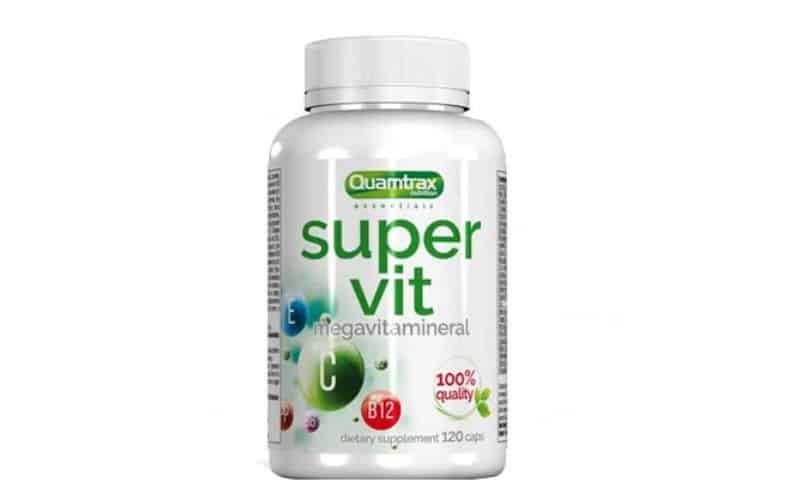
The Three Most Important Vitamins and Minerals
While all vitamins and minerals are vital, certain micronutrients are especially critical due to their widespread impact on health.
- Vitamin D, calcium, and iron are often highlighted as the most important because of their roles in bone health, blood oxygenation, and immune function.
- Vitamin D helps the body absorb calcium, which is essential for maintaining strong bones and teeth.
- Iron, meanwhile, is critical for transporting oxygen in the blood, which directly influences energy levels and endurance.
These three nutrients are foundational for keeping our body strong and resilient.
Functions of Vitamins and Minerals in the Body
Each vitamin and mineral is indispensable, serving as a critical cog in the vast machinery of human biology. Without these micronutrients, our bodies would be incapable of performing even the most fundamental processes.
- Vitamin A, for example, is essential not only for maintaining healthy vision, but also for regulating immune responses and cellular communication. A deficiency in this vitamin can lead to night blindness and increased susceptibility to infections.
- The B vitamins—a complex group including thiamine (B1), riboflavin (B2), niacin (B3), pyridoxine (B6), and cobalamin (B12)—play a crucial role in energy production by helping the body convert carbohydrates into fuel (glucose).
- Vitamin C (ascorbic acid) goes beyond its well-known role in boosting immunity; it is key in the synthesis of collagen, a protein that helps wounds heal and maintains the integrity of skin, cartilage, and bones. As a powerful antioxidant, it also neutralizes free radicals that can cause cellular damage.
- Vitamin E, another potent antioxidant, safeguards cells by protecting them from oxidative stress, which can lead to premature aging and chronic diseases.
- Similarly, vitamin D is indispensable for calcium absorption, which ensures that bones remain strong and healthy,
- while vitamin K is crucial for blood clotting and bone metabolism.
On the mineral side, calcium is the building block of bones and teeth, accounting for about 99% of the body’s calcium stores. It is also essential for vascular contraction and muscle function.
- Potassium plays a pivotal role in maintaining fluid balance, controlling blood pressure, and supporting the electrical activity of the heart.
- Meanwhile, magnesium is involved in over 300 biochemical reactions, ranging from energy production to protein synthesis. It is particularly vital for maintaining muscle and nerve function, as well as regulating blood sugar levels.
Foods Rich in Vitamins and Minerals
Ensuring that your diet is rich in vitamins and minerals requires thoughtful selection of a wide range of nutrient-dense foods. Fortunately, nature provides a bounty of options that are packed with the essential micronutrients needed to thrive.
Green Vegetables
Leafy green vegetables like spinach, kale, and collard greens are nutritional powerhouses, brimming with iron, calcium, and magnesium. These greens also provide substantial amounts of vitamin K, which is crucial for bone health and blood clotting.
Citrus Fruits
Fruits, particularly those from the citrus family such as oranges, lemons, and grapefruits, are loaded with vitamin C, an antioxidant that supports immune function and promotes healthy skin. Other fruits like berries, papaya, and kiwi are also excellent sources of vitamin C, as well as folate (a B vitamin), which is vital for cell division and DNA synthesis.
Nuts and Seeds
Nuts and seeds are another excellent source of essential minerals. Almonds, walnuts, and pumpkin seeds provide generous amounts of magnesium, which is necessary for nerve function and energy production. They are also rich in vitamin E, which helps protect cells from damage and supports skin health. Additionally, these foods contain healthy fats that promote better absorption of fat-soluble vitamins like A, D, E, and K.
Proteins
Protein-rich foods such as meat, poultry, and fish offer significant amounts of B vitamins, especially B12, which is not found in plant-based foods. Salmon and other fatty fish are also abundant in vitamin D, which is crucial for calcium absorption. Dairy products like milk, cheese, and yogurt provide a double benefit: they are rich in calcium and B vitamins, helping support bone health and energy metabolism.
Whole grains like quinoa, brown rice, and oats are often overlooked, but they are rich in B vitamins and minerals such as iron and zinc. Iron is particularly important for oxygen transport in the blood, and zinc plays a key role in immune function and wound healing.
The Importance of Vitamins and Minerals for Overall Health
Ensuring adequate consumption of vitamins and minerals is essential for maintaining overall health. These nutrients are involved in numerous bodily processes, including DNA synthesis, energy production, and immune defense.
Long-term deficiencies in key micronutrients can lead to chronic conditions such as osteoporosis, anemia, and heart disease. Furthermore, an imbalance can have equally detrimental effects, highlighting the need for balance in the diet. It’s not just about consuming these nutrients—it’s about consuming the right amounts to sustain optimal health.
How to Boost Your Intake of Vitamins and Minerals
To boost your intake of vitamins and minerals, start by focusing on a colorful plate—the more variety in colors, the wider range of nutrients you’re consuming.
- Opt for whole grains like brown rice and quinoa over refined grains to increase your intake of B vitamins and minerals such as iron and magnesium.
- Additionally, consider adding fermented foods like yogurt, kefir, and sauerkraut to your diet, as they not only offer essential nutrients but also support gut health, enhancing nutrient absorption.
- You can also maximize nutrient density by incorporating superfoods like chia seeds, flaxseeds, and spirulina, which are packed with vital micronutrients.
- Cooking methods matter too—steaming or lightly sautéing vegetables helps retain more vitamins compared to boiling or frying.
- For those with limited access to fresh produce, frozen fruits and vegetables can be a great alternative, as they are often flash-frozen at their nutritional peak.
Adding Vitamins and Minerals Supplements to Your Diet
Incorporating vitamins and minerals supplements into your diet can be beneficial, especially for individuals who may struggle to meet their nutritional needs through food alone. While a balanced diet should ideally provide all the essential nutrients, lifestyle factors, dietary restrictions, or certain health conditions can make it challenging to get everything your body needs from food. This is where supplements can play a key role.
For some, supplementing with multivitamins can be an easy way to cover a broad spectrum of vitamins and minerals, while others may need specific supplements targeting unique needs, such as omega-3 fatty acids, magnesium, or zinc. Individuals on plant-based diets, for example, may need to supplement vitamin B12 since it’s primarily found in animal products. Similarly, those living in areas with limited sunlight exposure may benefit from vitamin D supplements to support bone health and immunity.
When it comes to maintaining optimal health and peak performance, having access to high-quality vitamins and minerals is essential. Sports One International is a leading provider of premium supplements, offering a comprehensive range of vitamins and minerals designed to support athletes, fitness enthusiasts, and health-conscious individuals alike.

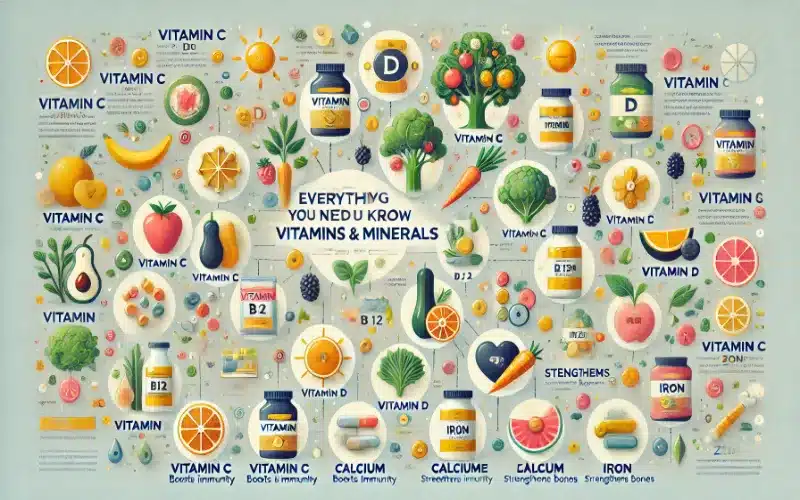


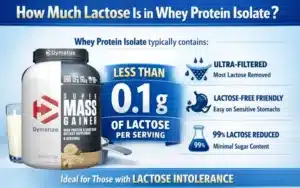
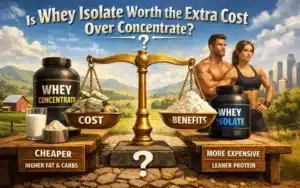
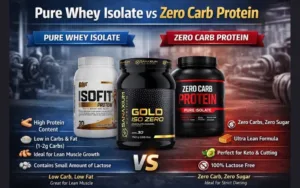
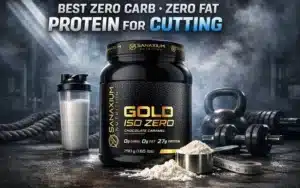

Add comment